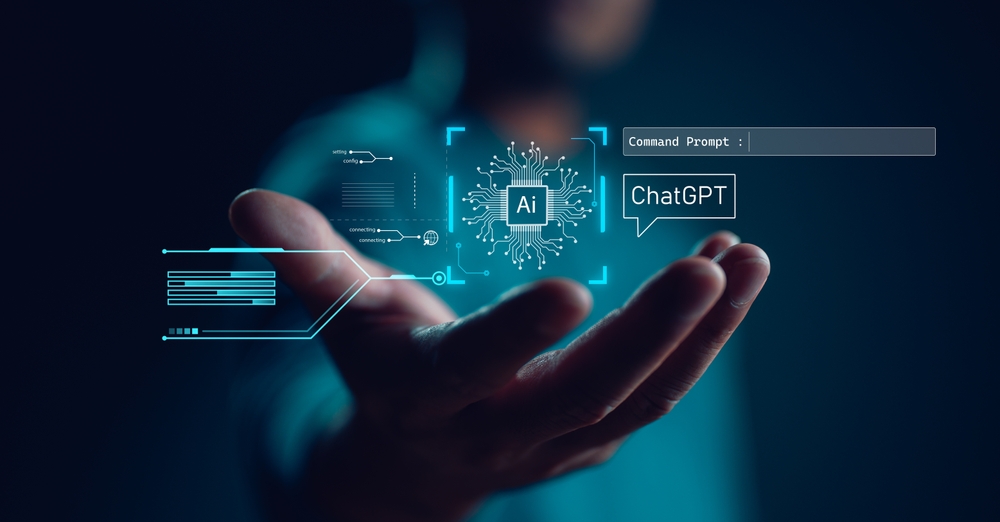According to people close to Chinese officials, an update involving draft rules for artificial intelligence developers has taken place to comprise license acquisition before releasing generative artificial intelligence (AI) systems.
The Chinese government is considering extra regulations on AI development, stressing content licensing and control. The Financial Times released a report on July 11 revealing the Cyberspace Administration of China (CAC)’s intention to enforce a system requiring local organizations to acquire authorization before the release of generative artificial intelligence systems.
China Unveils New Licensing Scheme
The action indicates a tightening of previous draft rules released in April that granted organizations ten working days following the launch of a product to register it with authorities.
Sources revealed to Financial Times (FT) that the new licensing scheme will be integrated as a part of the impending guidelines, expected to be publicized as early as the end of this month. In its draft, the government revealed that all information needs to exemplify fundamental socialist values.
Besides, the content should not destabilize state power, support the socialist system’s overthrow, destabilize national unity, or instigate the splitting of the nation.
Chinese Tech and e-Commerce Firms Pursue AI Compliance
Baidu and Alibaba, Chinese tech and e-commerce firms, released artificial intelligence tools this year. Alibaba rivaled the famous AI chatbot ChatGPT. Sources in the FT report reveal that the two organizations have maintained contact with regulators in the past few months to ensure that their products adhere to the new regulations.
In addition to the implications mentioned above concerning the imminent regulations, the draft reveals that according to Chinese authorities, tech organizations developing artificial intelligence models are entirely accountable for content created using their products.
Global Push for Regulating AI-Generated Content
Officials across the globe have been advocating for the regulation of content created using artificial intelligence. Recently. Michael Bennet, a senator in the United States, wrote a letter to tech organizations creating the technology label to mark artificial intelligence-created content.
On many occasions, OpenAI chief executive Sam Altman has challenged the governments to regulate artificial intelligence. The executive of the Microsoft-backed firm behind the popular Chatbot ChatGPT considers regulation a catalyst to shield against malicious use of AI tech.
Tesla Inc chief executive Elon Musk led other tech leaders in signing an open letter demanding a halt to the release of super powerful AI models. The letter attracted thousands of tech executives and scientists who warned that AI would disrupt humanity and social order.
Vera Jourora, the vice president for values and transparency in the European Commission (EC), recently revealed to the media the need for generative AI tools to produce misinformation to label all content to avert the spread of deception.
